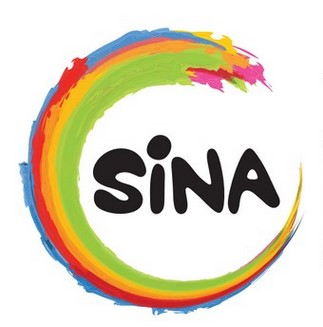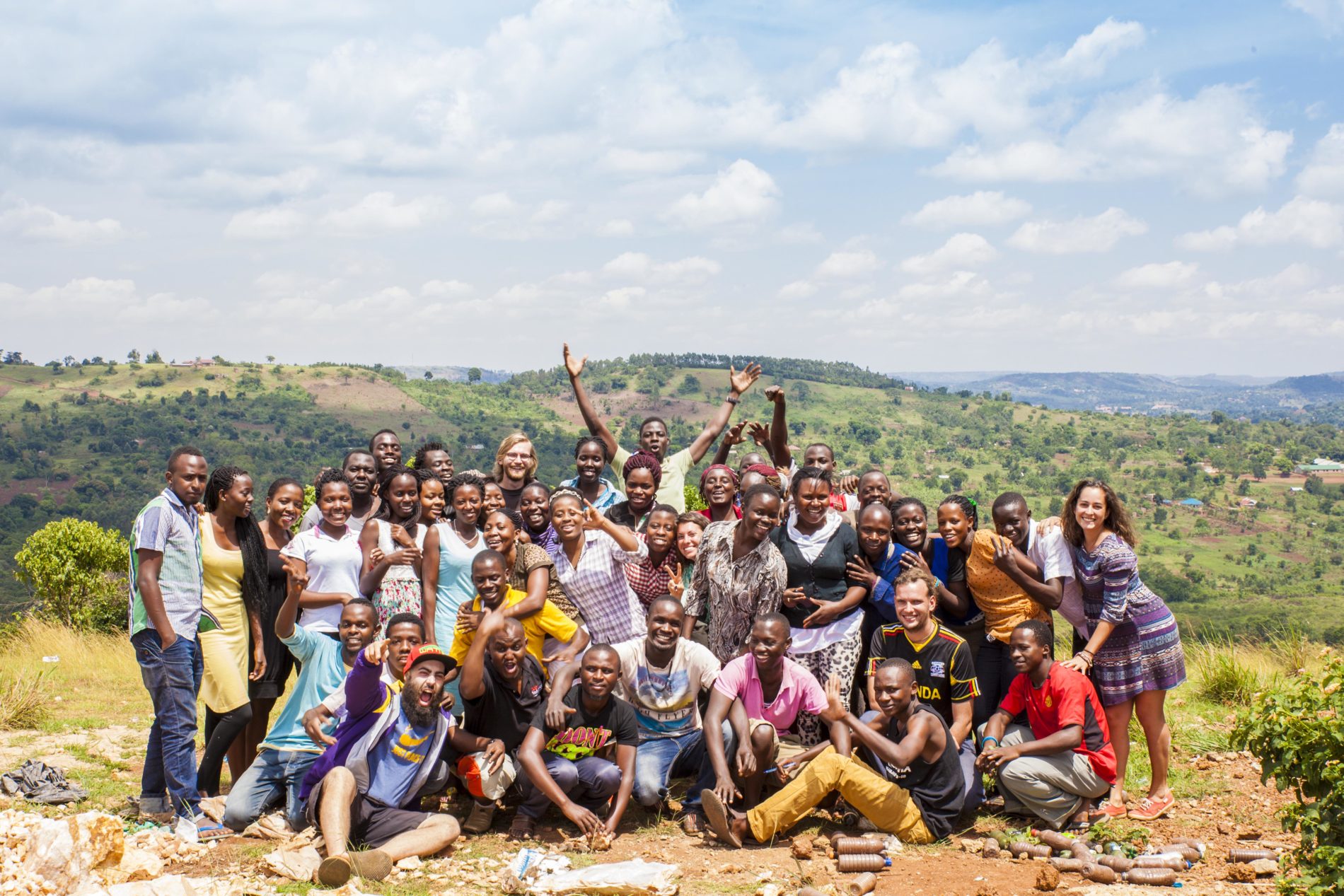You will hear this term frequently when you are at SINA, the Social Innovation Academy. But what do we mean with it?
Freesponsibility – a precondition for unleashing full potentials
How can people become the best they can be and unleash their full potentials? A common approach is to support the growth of individuals through extrinsic motivation: we punish bad behaviors and reward the good ones. At SINA, we believe that while this can lead to a short-term increase in motivation, it limits the unfolding of long-term purpose and potential. If we do something in pursuit of getting a reward or avoiding punishment, there is often little sense of ownership in the task. Overall, if the extrinsic factors disappear, we will stop doing the task.
Intrinsic motivation allows us to do things differently because we genuinely believe in them and want to do them. The latter comes if we have the freedom of choice, not if we are forced or feel being forced. Freedom in education means that the learner can choose the form and content he or she desires and is interested in.
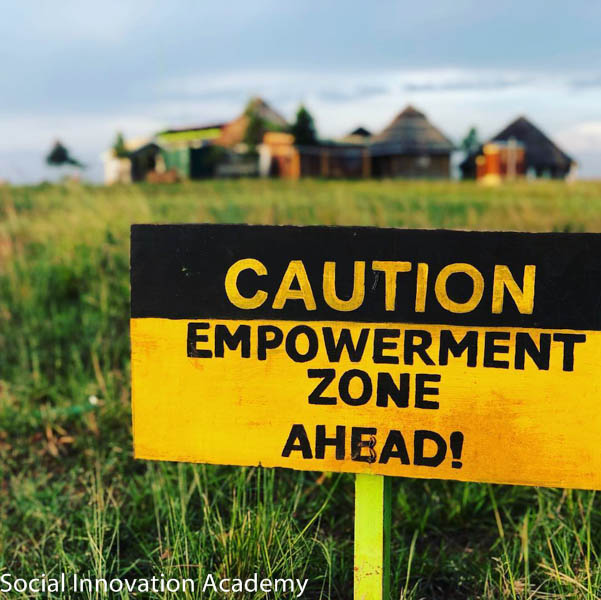
Because this does not mean everyone does anything they want, we have chosen the term Freesponsibility, because the execution of freedom must be voluntarily limited at the line where it infringes on the freedom of another person in order for everyone to live in harmony and unfold potentials. Psychiatrist and holocaust survivor, Viktor Frankl’s in his most influential book: Man’s Search for Meaning argues that freedom and responsibility must go hand in hand:
Freedom is but the negative aspect of the whole phenomenon whose positive aspect is responsibleness. In fact, freedom is in danger of degenerating into mere arbitrariness unless it is lived in terms of responsibleness.
Nonviolent Communication is a tool we value and practice at SINA because it teaches us to view that we are all self-responsible for our feelings. Everything can only be a stimulus, but the last of humans’ freedoms according to Frankl, and one that cannot under any circumstances be taken away from a person, is the ability to choose one’s attitude to the given circumstance. In other words, it is up to me to decide how I respond—Response-ability. In Nonviolent Communication, there are four ways of response-ability: to blame myself, to blame the other, discovering my feelings and needs, and ultimately identifying the feelings and needs of myself and others.
Since the execution of personal freedoms will be different for every individual, it can only be accomplished harmoniously and peacefully if we combine it with personal responsibilities. Therefore, the concept of freesponsibility integrates freedom and responsibility in a way that one is aware of the effects—positive and negative—the execution of personal freedoms have on others, while understanding and fully respecting one’s own feelings and needs. Taking responsibility is the basis for personal growth and development.
Freesponsibility cannot be taught but only be lived and transmitted through role modeling. Only a learning environment without fear and blame can achieve this. It must acknowledge that every individual is unique and has different feelings and needs, which also change continuously.
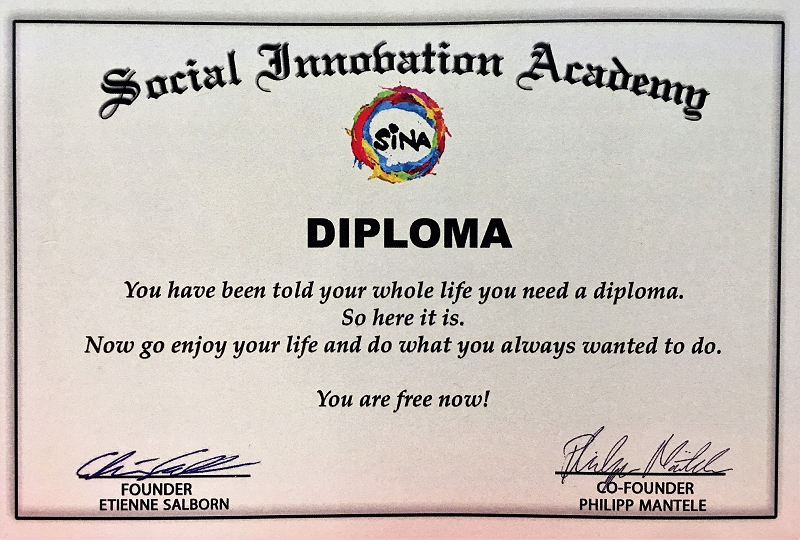
In this line, freesponsibility requires the freedom of choices between different possibilities, meaning that the freesponsible person could also have acted or reacted differently and made a conscious choice. Freesponsibility gives space to find meaning and purpose on the one hand, while becoming critically aware of oneself and the environment through the constant transformation of perspectives on the other hand. The freesponsibility given to learners empowers them to try any possible solution until they master almost any problem. No blame or judgment is involved, and no solutions are imposed from the outside.
SINA is creating self-organized and freesponsible communities, where participants become active drivers and owners of their community. Freedom and responsibility are combined in a way that the more responsibility one fulfills, the more freedom she gains. SINA members design their future through self-management. Members take over responsibilities, make decisions for themselves, do the accounting, logistics, outreach, and everything needed to run a SINA Community. Everyone creates their own curriculum through the responsibilities taken over, while regular sessions, Life-Coaching and Mentoring (all given by SINA members themselves as well) provide guidance and support. Holacracy is the tool allowing to structure the organizational work as a learning journey for SINA “scholars.” Everyone takes up dynamic roles to continuously to grow in their abilities. Within this dynamic system of purpose-driven work, decision making goes beyond hierarchies or consensus, and power is distributed. Role holders do not ask for permission but hold each other accountable in smaller teams freesponsibly.
Freesponsibility nurtures personal and professional development. SINA disrupts the education of pre-defined and already solved problems by allowing its members to continuously create real-life solutions, which do not have answers yet. The power of education lies in the hands of freesponsible learners.
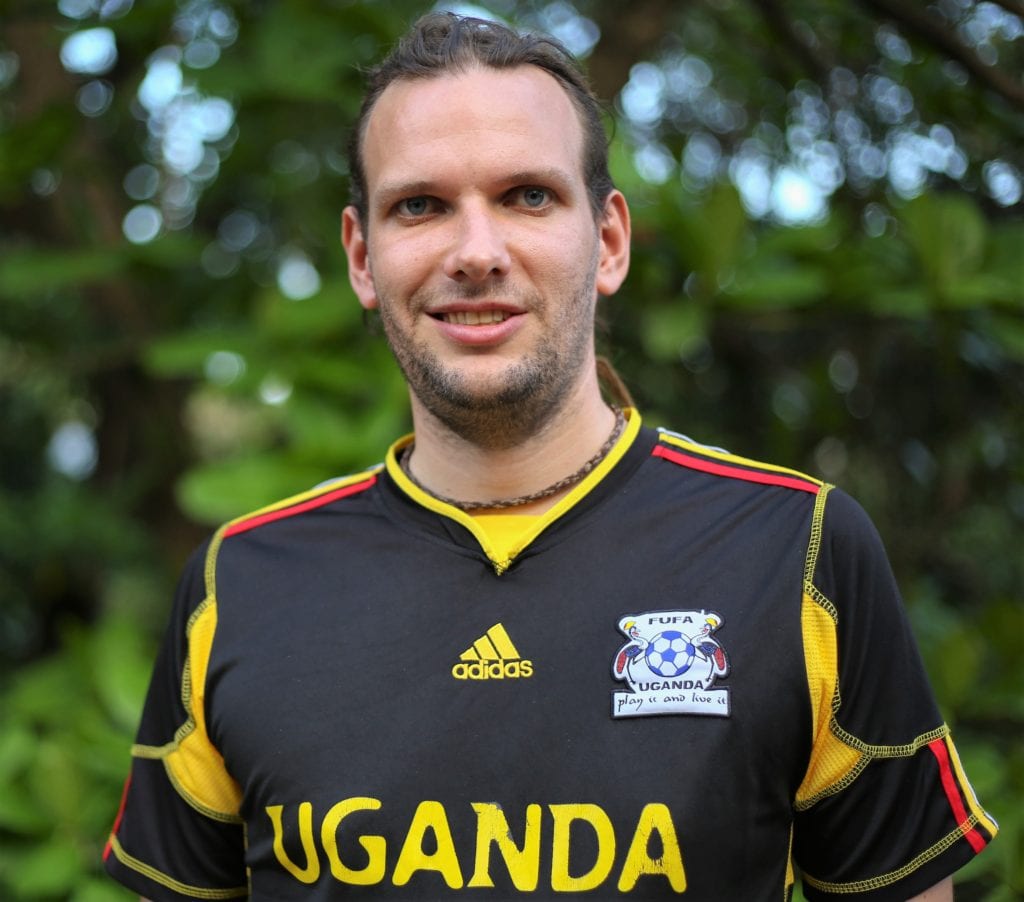
Written by Etienne Salborn
Part of this text has been published in his Master Thesis “Prototyping a Freesponsible Solution for Uganda’s Educational Challenges,” which laid academic grounds in 2014 for the creation of SINA.
